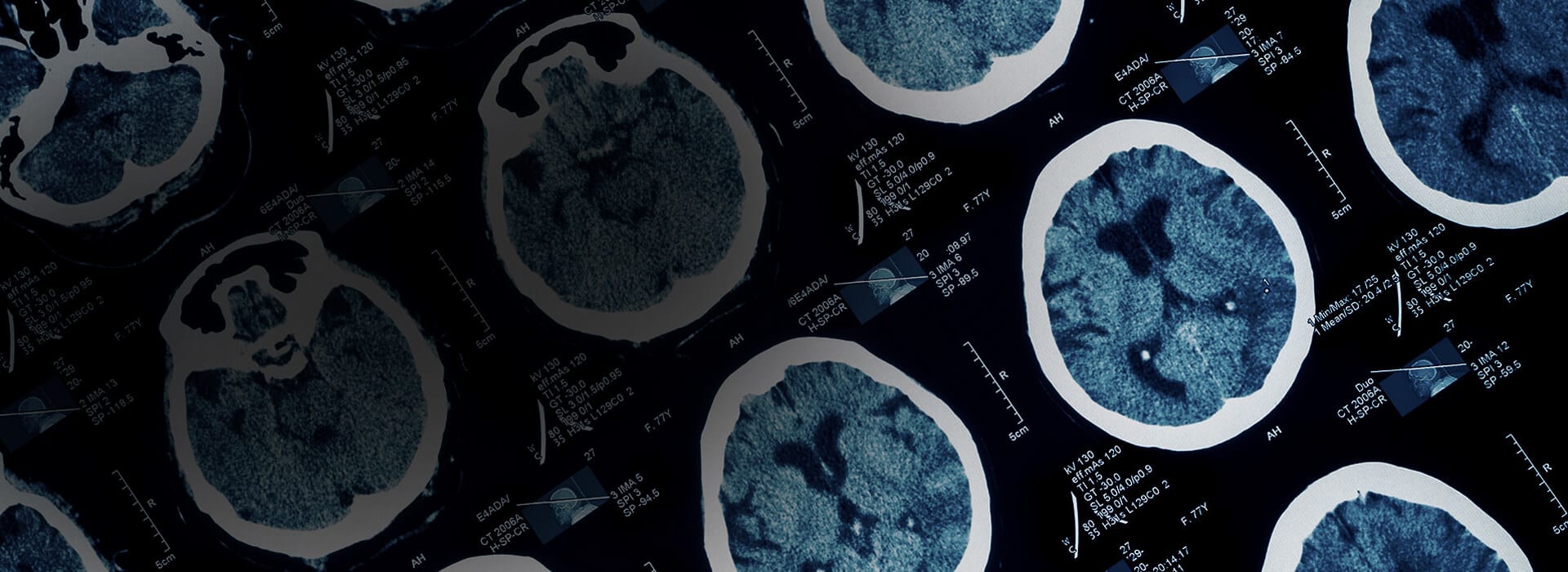
Brain Injury vs Concussion Lawsuit
The Differences Between a Concussion and Traumatic Brain Injury
Head injuries are one of the most common causes of disability and death in adults in the United States. Injuries can be mild like a bump or a cut on the head, or moderate to severe including a fractured skull and damage to the brain.
National statistics estimate that 50 to 70 percent of TBI accidents are the result of motor vehicle crashes, which include cars, trucks, motorcycles, bicycles, and pedestrians.
Those who suffer from a brain injury after an accident are required to receive immediate medical attention. Regardless of how minor the concussion is, it can still cause permanent cognitive and behavior issues. Moderate to severe brain injuries can trigger permanent physical disability, paralysis, and even death.
Objects, such as bullets or shattered skull fragments, can also penetrate through delicate brain tissue and cause a traumatic brain injury (TBI). A mild TBI has the potential to temporarily affect a victim’s brain cells, while more serious brain injuries can result in torn tissue, bruising, bleeding, and other permanent damage. The area most often injured are the frontal lobes, which control thinking and emotional regulation.
If your brain injury was caused by a negligent individual, you may be eligible to file a personal injury lawsuit for damages. Our qualified brain injury attorneys at West Coast Trial Lawyers are available 24/7 to help victims of personal injury. We will help strengthen your claim and negotiate with insurance companies to ensure you get the compensation you deserve.
To schedule a free consultation, please contact our 24/7 legal team by calling 213-927-3700 or filling out our quick contact form.
Is There a Difference Between a Brain Injury and a Concussion?
TBI symptoms can be categorized as mild, moderate, and severe. Mild cases may cause a temporary change to an individual’s mental state or consciousness. Moderate to severe cases could result in long-term complications, such as unconsciousness or coma. Death may also occur.
Concussion
A concussion is the most common type of TBI, and is often referred to by doctors as a mild TBI. It can result from a sports injury, a seemingly innocuous fall, or, most commonly, a car crash. The expected recovery for a concussion is within two to three weeks. Both terms, TBI and concussion, are used when a person experiences a change in normal brain function for no longer than a minute following trauma.
Concussions are usually not life-threatening, as other more severe cases of TBI, but their effects can be serious. The effects from a concussion can range from mild to severe, and can include one or more of these symptoms:
- Headaches
- Nausea
- Blurry vision
- Passing out
- Lack of balance
- Seizures
- Tinnitus
- Irregular pupil sizes
- Bleeding within the scalp
- Bleeding under the scalp
- Minor sensitivity
A concussion test is used to determine whether someone has one or not. Concussion testing generally consists of a series of questions to assess concentration and mental acuity, as well as a physical examination by a doctor.
The FDA has just approved the Brain Trauma Indicator, which is a test to diagnose concussions. The test works by measuring proteins, which have been released into a victim’s bloodstream within 12 hours of suffering an injury. It is expected that this test will soon be commonplace.
If concussion testing determines that you do have a concussion, the most important thing to do is rest and focus on a full recovery. We recommend avoiding physical activity and sleeping as much as you can. Rest doesn’t just mean not moving, it also means not putting any stress on your mind. Try to limit reading, TV, and computer usage to allow your brain to rest, as well.
Moderate to Severe TBI
According to the American Association of Neurological Surgeons, a TBI is defined as a blow to the head or a penetrating head injury that disrupts the normal function of the brain.
TBI has a variety of symptoms, including physical, psychological, and emotional effects. TBI has become a recent health crisis, and there are new federal and California laws in place to prevent such injuries. Further adding to the complex nature of brain injuries is the reality that adverse signs may suddenly appear while others could take days, weeks, or even months to manifest. Fortunately, there are medical tests to determine whether someone has suffered a concussion or TBI.
Moderate to severe TBI may include symptoms of a mild TBI, in addition to the following cognitive and physical symptoms that may appear within hours or days after sustaining an injury:
- Aggression or other unusual behaviors
- Severe confusion
- Slurred speech
- Loss of consciousness, lasting from several minutes to hours
- Persistent vomiting and/or nausea
- Seizures or convulsions
- One or both pupils dilated
- Clear fluid coming out of the ears or nose
- Not being able to wake up from a nap
- Loss of balance and coordination
- Constant headaches
- A feeling of numbness in the fingers or toes
If you or a loved one has suffered any type of head injury, we recommend immediate medical treatment.
For some, brain injury is the start of a lifelong disease process. Moderate to severe TBI can be long-term or permanent. An individual could also suffer from a physical or mental disability. Those who make a full recovery could still deal with long-lasting symptoms that may never go away.
Daily tasks and even work that was routine before TBI can be much more difficult to complete after the fact. And when TBI is the result of someone else’s negligence, having to deal not only with these new changes in a patient’s life, but also having to deal with the physical, financial, and emotional burdens can be taxing on a person and their family.
Statute of Limitations for a Personal Injury
In California, it is required for the individual to file a personal injury claim within two years from the date of their incident. Failure to do so will result in their claim being barred. However, there are exceptions:
- The individual is suffering from mental or physical injuries because of the injury.
- The individual is a minor. The statute of limitation will commence once the individual turns 18.
- The “discovery rule” may take place if an injury was not immediately noticeable. The statute of limitations will begin once the individual discovers their injury.
West Coast Trial Lawyers Is Here to Help
If you or a loved one were the victim of brain injury due to negligent acts committed by another individual, our skilled brain injury attorneys at West Coast Trial Lawyers will help you recover compensation for the losses you have suffered, including medical bills, lost wages, pain and suffering, and more.
We offer a free, no-obligation consultation at our firm. No fees are paid until your case has been settled. Reach out to our 24/7 legal team by calling 213-927-3700 or filling out our quick contact form.




